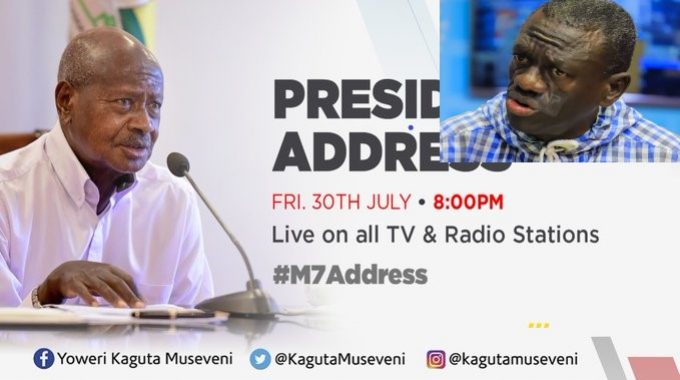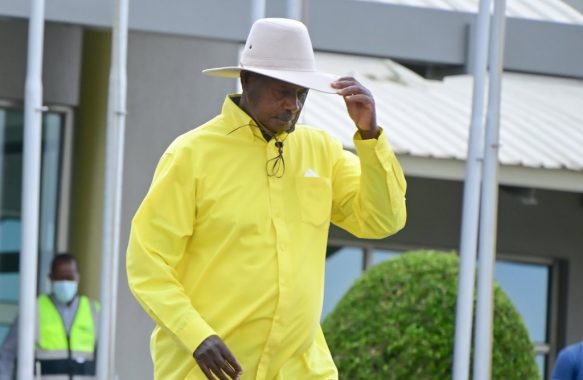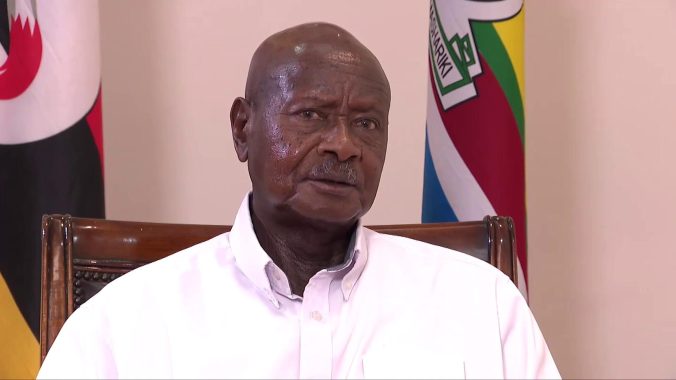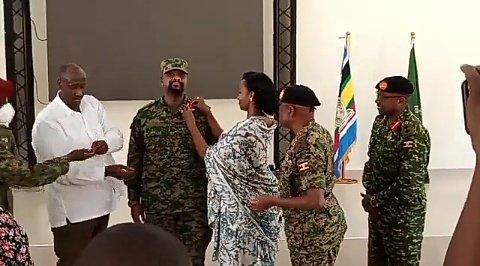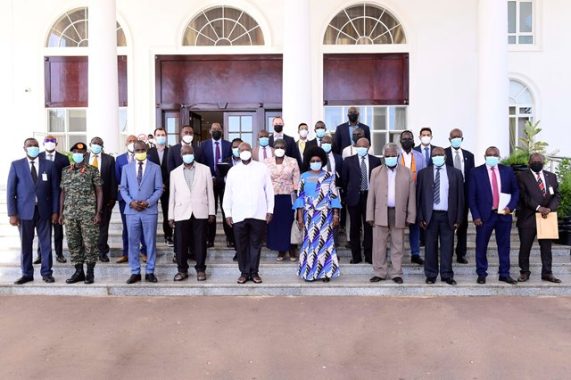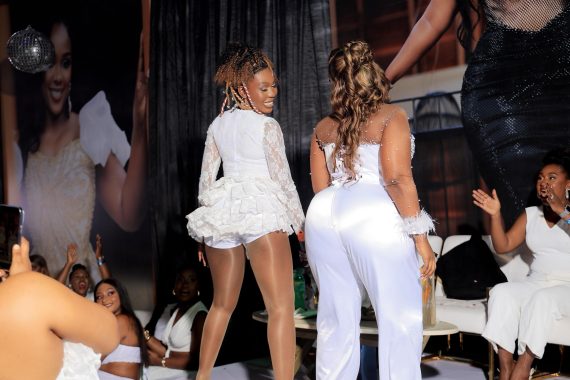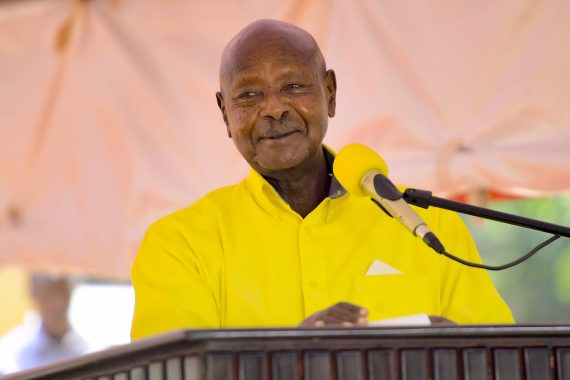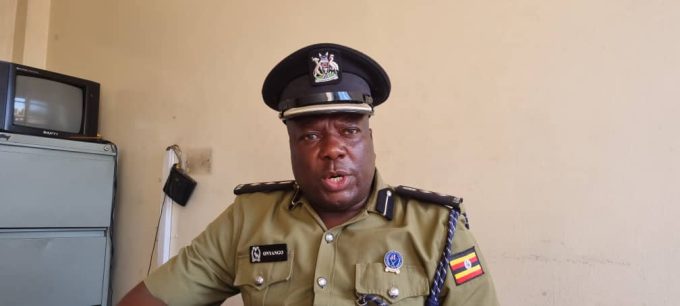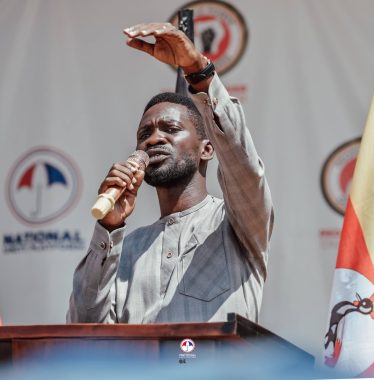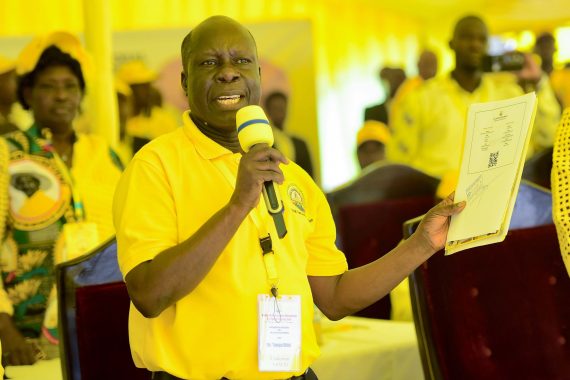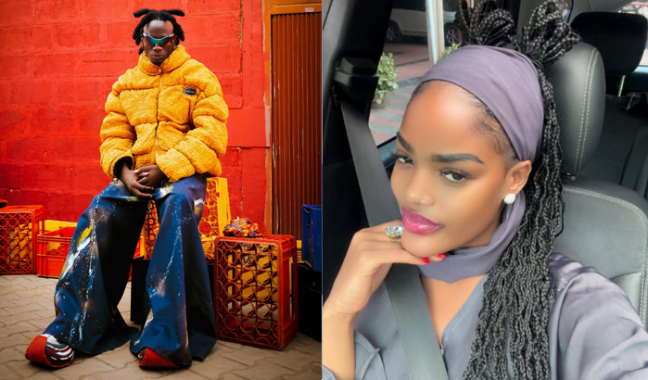Schools reopening will not happen until children above 12 years are vaccinated according to government.
President Yoweri Museveni has hit back at Dr. Kizza Besigye for exposing government on its recent opening of the economy and leaving schools shut without a plan.
President Museveni in his national address a fortnight ago allowed the better part of the economy to start operations but left out schools arguing that they are a good breed for widespread of Covid-19.
The President only paved the way for the health institutions which he justified due to their significance in providing manpower to fight the pandemic.
Dr. Besigye in response to Museveni blasted that the government did not present a concrete plan for the opening of schools. The opposition leader was critical on the return of schools which he stated was a critical section of the economy.
The former Presidential candidate stated: “The biggest crime this government has ever done is refusing to re-open schools. There is absolutely no justification for the measures that have been taken in education.”
However, President Museveni while officiating at the Youth Day celebrations at Kololo Airstrip in Kampala, asked the opposition leader to study the situation before attacking government.
Museveni in his address argued that schools posted a dangerous ground for spread of Covid-19 and most especially to parents.
The President said: “I read in the papers that Dr. Besigye was saying that government did not have a plan for the reopening of schools. I do not agree with him. Does he know that the biggest population of children are in day schools?”
Museveni added: “These children pose a threat to their parents. We can not accept this. We want to first make sure we vaccinate children above 12 years.”
Dr. Besigye, however, faulted the President’s call to vaccinate children: “I also heard that gov’t will keep schools closed until children of 12 – 18 years are vaccinated. The vaccines we are using now are for people above 18 years.”
WHO SHOULD GET VACCINATED
According to World Health Organisation WHO, the COVID-19 vaccines are safe for most people 18 years and older, including those with pre-existing conditions of any kind, including auto-immune disorders. These conditions include: hypertension, diabetes, asthma, pulmonary, liver and kidney disease, as well as chronic infections that are stable and controlled.
If supplies are limited in your area, discuss your situation with your care provider if you:
- Have a compromised immune system
- Are pregnant (if you are already breastfeeding, you should continue after vaccination)
- Have a history of severe allergies, particularly to a vaccine (or any of the ingredients in the vaccine)
- Are severely frail
Children and adolescents tend to have milder disease compared to adults, so unless they are part of a group at higher risk of severe COVID-19, it is less urgent to vaccinate them than older people, those with chronic health conditions and health workers.
More evidence is needed on the use of the different COVID-19 vaccines in children to be able to make general recommendations on vaccinating children against COVID-19.
WHO’s Strategic Advisory Group of Experts (SAGE) has concluded that the Pfizer/BionTech vaccine is suitable for use by people aged 12 years and above. Children aged between 12 and 15 who are at high risk may be offered this vaccine alongside other priority groups for vaccination. Vaccine trials for children are ongoing and WHO will update its recommendations when the evidence or epidemiological situation warrants a change in policy.
It’s important for children to continue to have the recommended childhood vaccines.
https://www.youtube.com/watch?v=X0DlGjHlgpU

Award winning journalist and writer who has worked as a stringer for a couple of acclaimed South Africa based German journalists, covered 3 Ugandan elections, 2008 Kenya election crisis, with interests in business and sports reporting.



